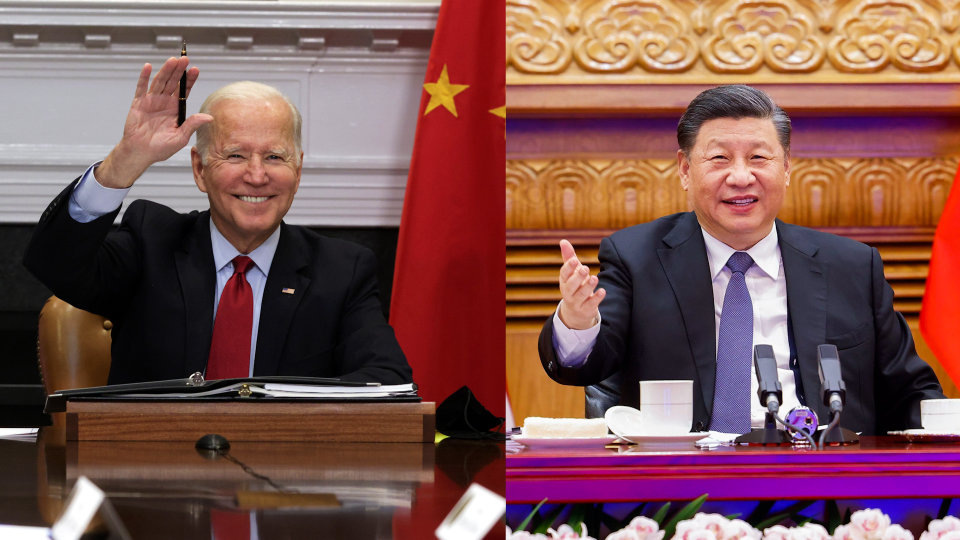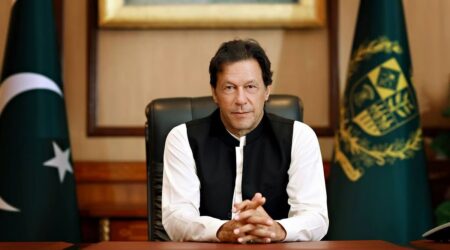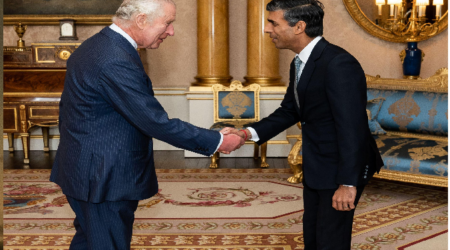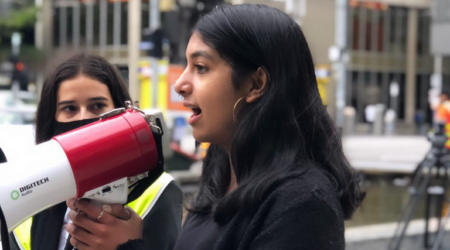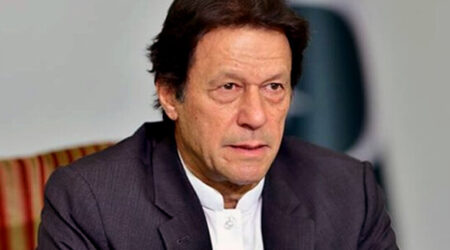Washington: President Joe Biden raised China’s policy in Tibet, Hong Kong, and Xinjiang during his virtual meeting with Chinese President Xi Jinping and ended without a breakthrough or a customary joint statement.
Though virtual, it was the first bilateral meeting on Nov 15 between the two world leaders. They expressed willingness to manage their differences in a way that avoids conflict between the world’s two largest powers in order to lower the temperature of the relationship that has at times this year threatened to overheat.
“Our responsibility as leaders of China and the US is to ensure that the competition between our countries does not veer into conflict, whether intended or unintended,” said President Biden in his opening remarks. Biden reiterated US support for Taiwan while remaining committed to the “One China” policy. He also raised the issue of unfair trade and economic practices by China.
Biden told Xi, acknowledging, “You’re a major world leader, and so is the US.”
President Xi rejected US critiques on democracy and human rights, saying there could not be a one-size-fits-all approach and every country and society was different in this regard. “Engaging in ideological demarcation, camp division, group confrontation, will inevitably bring disaster to the world. The consequences of the Cold War are not far away,” he warned in an oblique reference to the US strategy of building a coalition of like-minded democracies, including the Quad grouping with Japan, Australia, and India.
Moreover, President Xi projected China as a peace-loving nation and said it never started a war nor claimed an inch of the land of others. “Chinses people have always loved and valued peace. Aggression or hegemony is not in the blood of the Chinese nation,” Xi told Biden.
While the US side was transparent in the limited objective of the talks, Beijing claimed “fruitful” outcomes. “The meeting has chartered the course and provided the impetus for China-US relations to develop going forward,” said Xie Feng, the vice-foreign minister of China.


